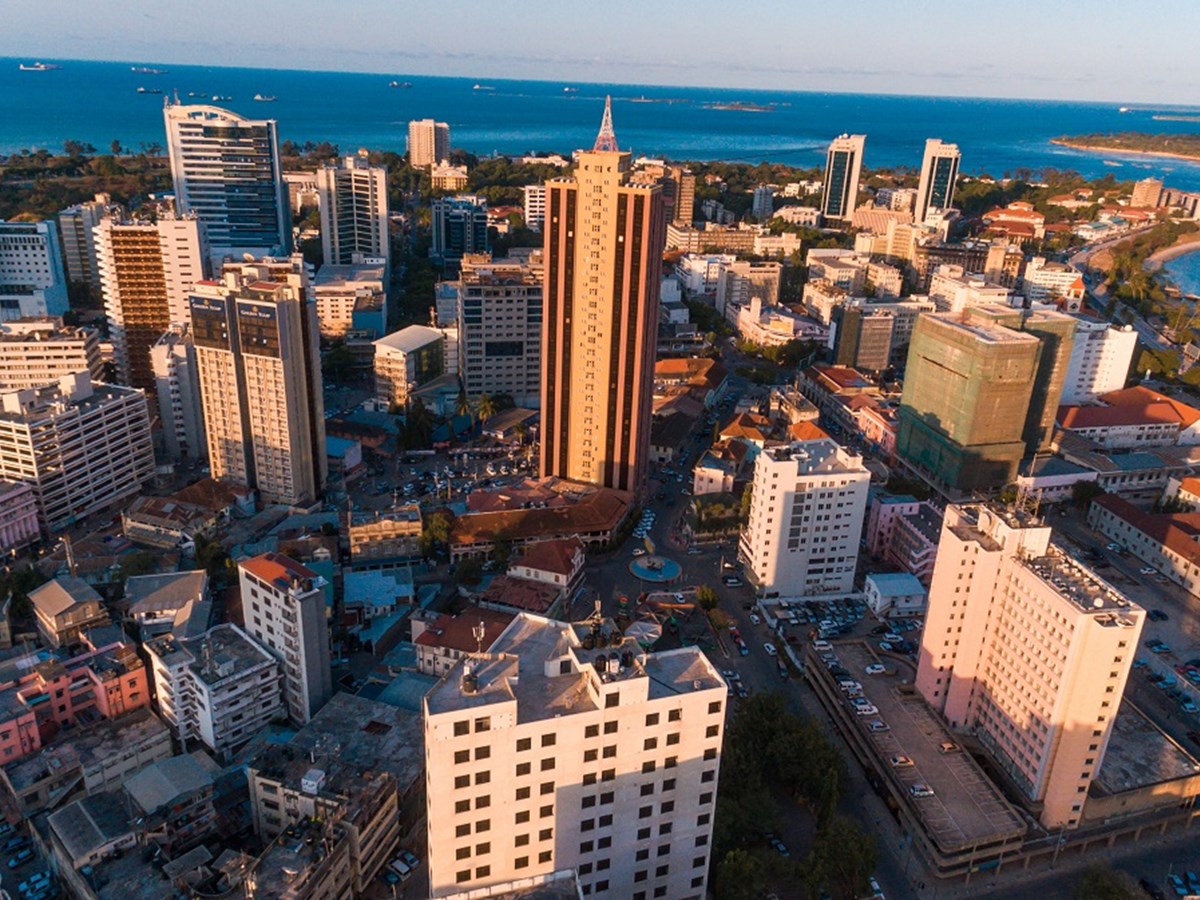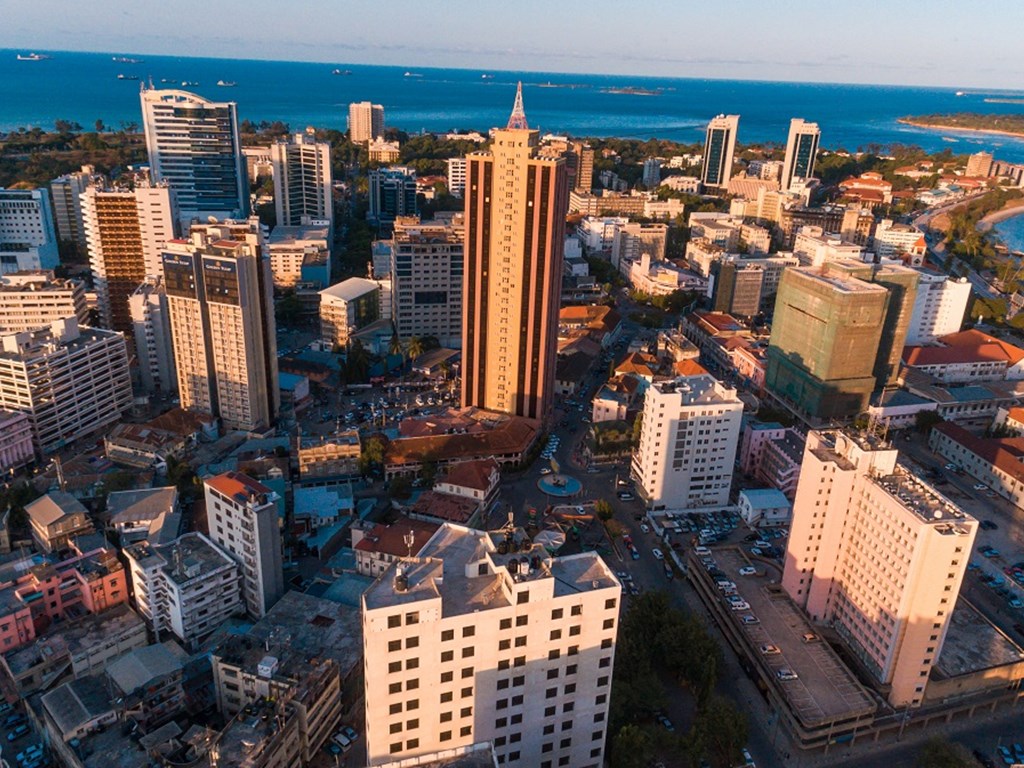This project will be of interest to a variety of built environment practitioners and policymakers.
This research offers case studies of innovative land policies across 11 urban regions showing policies addressing equity issues.
A bit of background
Planning systems often deal with inequitable development issues and solutions at multiple scales.
At the local level, the equity issues that municipal and regional governments face include:
- access to housing,
- provision of transportation,
- access to food and health care.
These issues are often tied to the use of land and the spatial pattern of development.
Equitable land policies can and must play a significant role in increasing equity in the global economy.
The research
This series of reports funded by the Lincoln Institute of Land Policy at Cambridge, USA provides case studies of innovative planning and land policies across 11 urban regions of the world that show how governments are addressing equity issues. These cases come from South America, Africa, Europe, and North America. The cases show how progress toward an equitable city can be made via policy at multiple levels and in multiple international contexts.
The case studies vary greatly in their metropolitan context and international geography but some consistent policy themes emerge. Several jurisdictions are trying innovative housing programs to increase equity, as in Copenhagen, Addis Ababa, and Montgomery County. Other cities, like Medellín, Dar es Salaam, Santiago, Budapest, and Minneapolis are exploring changes to planning process and governance, to further equitable development via various methods. Lisbon’s transportation investments, Johannesburg’s equitable TOD program, and São Paulo’s land value capture policy also provide innovative case studies in planning and related public policy interventions.
University College Dublin
Researchers from University College Dublin explored the issue of uneven access to land and water resources in Dar es Salaam in Tanzania. Their work identified measures and projects that reduce vulnerability while promoting social and spatial equity, along with environmental justice.

Dar es Salaam, Tanzania
The team of researchers at the University College Dublin involved in co-editing the report included Visiting Profession Gerrit Knaap, Professor Zorica Nedovic-Budic, and Professor Brendan Williams. Professor Liana Ricci and Professor Brendan Williams also helped with report authoring.
